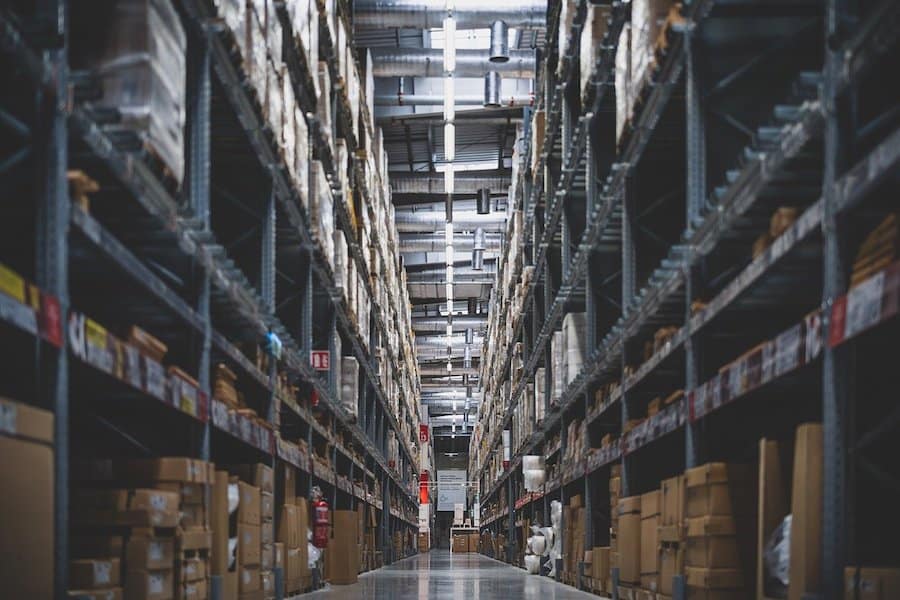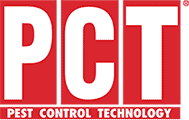Pest control is sanitation. That tightly worded and very accurate sentence describes the critical relationship between an effective pest management program and consistently followed sanitation protocols. If you don’t have the later, you won’t achieve the former.
Putting a conveyor away in the equipment boneyard before thoroughly cleaning it, cutting corners when it comes to cleaning food prep surfaces before closing up the kitchen or not regularly cleaning floor drains on the production floor, are examples of failed sanitation practices.
Food processing plants by the nature of their operations can be willing enablers of pests and pest conducive conditions. This is because they provide the three pest essentials – food, water, and harborage. And no matter how comprehensive a facility’s sanitation program is, the fact remains food processing plants are under the constant threat of pests because of the aforementioned realities.
What To Include When Designing A Commercial Sanitation Program For Pest Control:
When designing a sanitation program for your facility it is important to include the basics:
- Removing potential food or water resources that would attract, sustain, and allow pest populations to grow.
- Use exclusion, education, and monitoring practices to help achieve program goals.
- Preventive sealing of potential harborage areas to make it harder for pests to find attractive places to live.
- Educate employees on the “who, what, where, when, and why” pests can become a problem, and how they play essential roles in detecting, documenting, preventing, and managing an infestation.
- Regularly scheduled monitoring along with the interpretation, tracing and tracking of pest trend data.
Whether your sanitation duties are performed in-house or by an outside vendor, it is important they follow the established sanitation protocols. A sanitation issue in one area of your facility could lead to pest problems across the board because once pests are established inside a structure, they are capable of reproducing and ‘exploring’ new areas.
Sanitation Is Key:
Sanitation is part of the integrated pest management (IPM) approach favored by mandates of the Food Safety Modernization Act (FSMA) and third-party auditors. Good sanitation is proactive, not reactive. And when combined with good maintenance practices (i.e. exclusion and structural modification) can create a formidable defense against pests.
Regularly followed sanitation protocols also help your pest management service provider do their job more effectively. Baits perform better when there are fewer competing food sources and targeted pesticide applications are more effective when food debris isn’t there to break down their efficacy.
What stops commercial facilities from establishing solid sanitation protocols? It can be a matter of resources – staffing, budget or training – or simply a lack of time. With food production running at record levels during the pandemic, the to do list for QA and plant managers and supervisors has gotten longer if not overwhelming. Some common issues that lead to sanitation issues include:
Failure to Inspect Incoming Goods – Pests often gain access to facilities in incoming shipments or on people working or visiting a facility. Establishing an incoming inspection program that allows for the rejection and proper disposal of infested goods is an essential first line of defense. Employee training on what to look for and how to react to a possible pest sighting is also recommended.
Food Waste Build Up – Food waste build up in cracks, crevices and drains can create environments that are attractive to pests such as rodents, flies and cockroaches. Eliminating and controlling excess moisture build up is also an important part of any sanitation program.
Poor Communication – The best-laid pest management or sanitation programs can go awry if management, employees and vendors don’t communicate expectations and goals. Effective sanitation is a well-organized and documented program that is continually reviewed and acted upon. It’s everyone’s responsibility to do their part to ensure sanitation is a top priority.
If your business is looking for a pest management partner that goes the extra mile to design and deliver comprehensive IPM-based pest management programs, call Rottler Pest Solutions at 636-249-1601 for a free quote, consultation or training for your staff.


